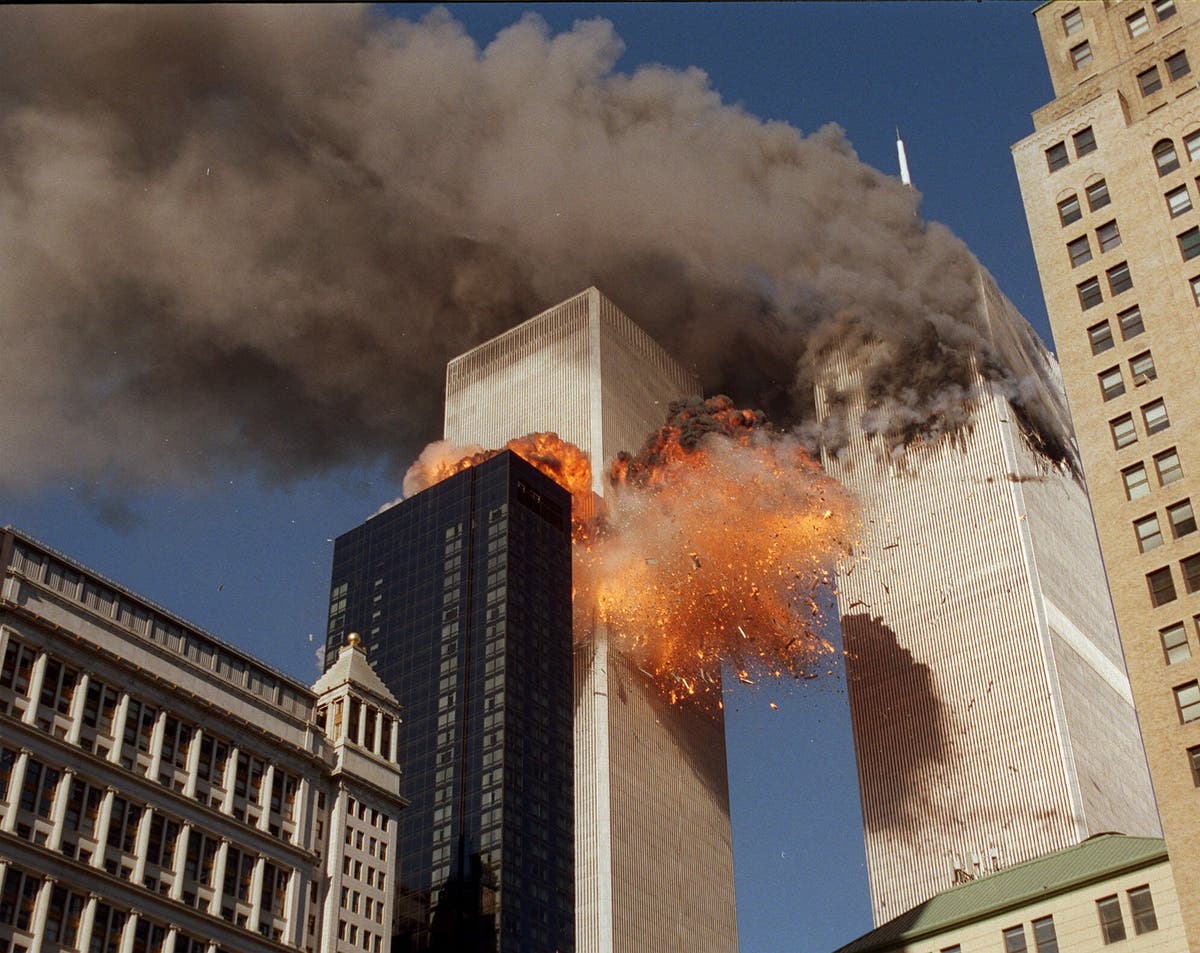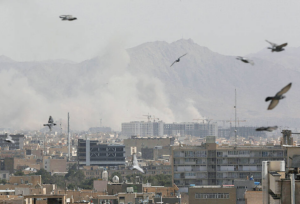
As I cradled my daughter Nabila while she drank milk from her bottle, the news broke about the Twin Towers attack in New York on our television screens. Just like so many across the world a sense of shock and horror rendered me glued to the screen for hours on 11 September 2001.
The attacks took the lives of nearly 3,000 people, devastating the lives of their loved ones left behind. I was deeply saddened and angered by this senseless act of terror. At night when I looked over my sleeping children, I thought of the unborn children whose fathers died in the attacks on the Twin Towers in New York City. These children would learn of the death of their parents, who would never be there for their first day at school, birthdays, or sports days.
The one milestone etched into their hearts would be 9/11 – the date of their tragic loss.
At the same time, I felt anxious, knowing that some people would assume that all Muslims harboured the same views as the terrorists. Extremists are not Muslims and have deliberately skewed the texts to fit their homicidal agenda. They are murderers.
America’s response to that fateful day rewrote not just its own democracy but reshaped our world and the way we live. Our world witnessed the invasion of Afghanistan, Iraq, secret surveillance, increased dawn raids on Muslim homes, the way our children and young people were monitored at school. It became an era of fear and mistrust.
Following 9/11, the debate regarding Muslims became polarised. I and many of my Muslim friends received sympathy from those who understood that we did not condone these barbaric actions and were concerned about our wellbeing. On the other hand, there were those who assumed that this was an act of Islam and showed animosity towards anyone who was visibly Muslim.
How can I forget the countless times I saw the look of dread and panic on people’s faces when I reached for my phone from my bag on the tube or the time when my rosary fell out of my bag during Ramadan? I remember a little after the terror attack my elderly gran’s beloved Adhan clock (the call to prayer) went off in her bag and people in the queue in a shop ran for the door.
Oblivious to the lingering, uncomfortable and judgmental stares in the shop from staff, my gran dressed in her crisp cotton white sari and head covered with a shawl, turned off the alarm, picked up the toy a parent had dropped and handed it back to the cashier. Recently, I was travelling on the tube in London when I was called a “f****** Muslim whore” by another passenger, but there were people who stood up for me.
Twenty years ago, the first 9/11 revenge attack was against a Sikh immigrant in America who was gunned down because the attacker wanted to “go out and shoot some towel heads”. Hate crimes against Muslims in the wake of the 9/11 attack spiralled. There was also a spike in incidents which targeted those who looked like Muslims. Mosques and Islamic cultural centres were also widely targeted in retaliatory acts.
Since that world-changing day when al-Qaeda flew planes into the Twin Towers the topic of Islam, Muslims and extremism has been debated repeatedly.
In June 2009, I instigated the event A Time To Question: Challenging Extremism to help discuss extremism within a cross section of the Muslim community – it was also used as the basis for a BBC London radio programme. That year my family and I travelled to New York. The experience was fraught with incidents of Islamophobia and even violence. Muslim men and women were separated at JFK airport and questioned and when a male relative was praying in a park, he was hit on the back of the head with a rock.
America and the world were forever altered because of the 9/11 attacks and its impact was felt in a personal way for many people.
While newspaper coverage perpetuating stereotypes may have increased in the 20 years since 9/11, the marginalisation of Muslims in the media is not a new problem. Stigmatising and biased news reports not only affect how Muslims are perceived, but how they perceive the world in which they live. Admittedly, with the advent of campaigns such as Black Lives Matter, certain aspects have improved for Muslims, such as equal opportunities, but this does not mean that racism has lessened. From anti-Chinese rhetoric to online hate speech targeted at Muslims, the pandemic also divided people and resulted in the dissemination of fake news.
This will only get worse in Britain and Europe as we face the continuing threat of online radicalisation, the lingering menace of Isis and the inevitable security risks at home and abroad, flowing from the recent fall of Kabul to the Taliban as western troops withdrew so suddenly. Last week, Pakistan’s security advisor warned the west and international community to “engage” with the Taliban or face another 9/11.
In the last 20 years, being a hijab-wearing Muslim woman has been difficult; from the condemnatory glares to the white woman who pulled my daughter’s headscarf on her way back from school, Muslim became a dirty word for others when they met me. My two younger children are not old enough to remember the events of 9/11 but for those who are old enough it is engraved forever in their minds – like my older daughter’s.
It has been exhausting at times attempting to re-define stereotypes, dispel myths, and challenge extremism. I am British, Bangladeshi and a Muslim – these are all part of my identity. But first and foremost, I am a human being.
To those who may believe that we Muslims do not remember 9/11, it is inscribed in our minds, hearts, and our everyday life. We mourn with all those whose loved ones were taken from them.
I am reminded of the words of Sandy Dahl, wife of Flight 93 pilot Jason Dahl who died on 9/11: “If we learn nothing else from this tragedy, we learn that life is short and there is no time for hate.”
These words are more important than ever in these troubling times.






